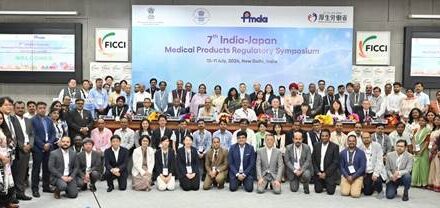Departmental news
“The International Day of Friendship reminds us of the importance of meaningful human relationships to overall health and well-being,” notes Dr Etienne Krug, Director of the WHO Department of Social Determinants of Health. “As with other societal ills, the COVID-19 pandemic has brought these issues to the fore. Social isolation and loneliness have recently moved up the public policy and public health agenda in several countries, Japan and the United Kingdom in particular. WHO calls on all governments to give social isolation and loneliness the political priority and resources that they deserve, to ensure that all people benefit from a shared spirit of friendship and solidarity.”
Studies suggest that 20-34% of older people in China, India, United States, and the regions of Europe and Latin America are lonely. Rates in institutions are higher still. Social isolation and loneliness shorten older people’s lives and damage their mental and physical health and quality of life. Physical health consequences include conditions such as cardiovascular disease and stroke and mental health consequences include conditions such as cognitive decline, dementia, depression, anxiety, suicidal ideation and suicide. In addition, social isolation and loneliness impose a heavy financial burden on societies.
Click Here to Download : Social Isolation and Loneliness
Evidence suggests that there are strategies that are promising to reduce social isolation and loneliness. Among promising interventions are:
- those aimed at individuals delivered either face-to-face or digitally, such as social skills training, peer-support and social activity groups, “befriending” services, and cognitive behavioural therapy;
- those aimed at communities, such as improving transportation, the built environment, and digital inclusion; and,
- those aimed at wider society, such as increasing social cohesion and reducing marginalization.
However, evidence across interventions is uneven and the brief identifies opportunities for improving data and research and strengthening the evidence base for what works.
Produced by WHO, International Telecommunication Union, UN Women and the UN Department of Economic and Social Affairs, the advocacy brief proposes a three-point strategy for addressing social isolation and loneliness during the UN Decade of Healthy Ageing 2021 – 2030:
- Create a global coalition to increase the political priority of social isolation and loneliness;
- Improve research and strengthen the evidence for effective interventions; and
- Implement and scale up effective interventions.
The UN Decade of Healthy Ageing 2021 – 2030, which aims to improve the lives of older people, their families, and the communities in which they live, is a global collaboration bringing together diverse sectors and stakeholders including governments, civil society, international organizations, professionals, academic institutions, the media and the private sector. It provides a framework to build on and strengthen existing synergies, contribute to the progressive realization of the rights of all older people everywhere to the enjoyment of the highest attainable standard of health, and harness the social and economic opportunities that population ageing provides.












